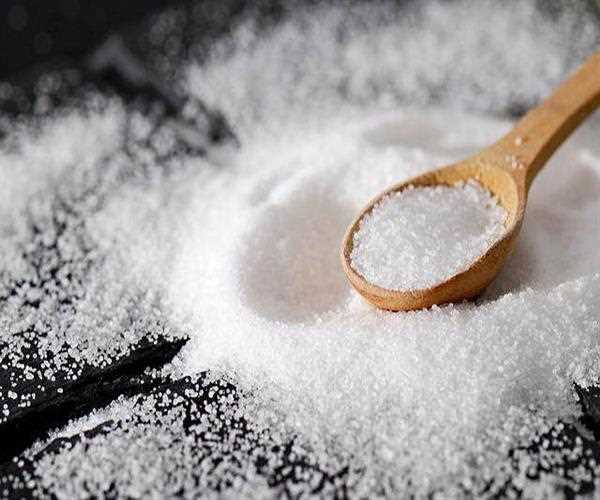
07-Jun-2022 , Updated on 6/10/2022 7:26:21 AM
Diet to lower your Cholesterol
How do I lower my cholesterol with diet?
Lifestyle changes that are good for the health of your heart include dieting to lower your cholesterol levels. The Dash Diet Plan is an example. The other is the TherapeuticLifestyleChanges diet, which encourages you to choose healthier fats. You need to limit both total and saturated fat. Less than 25-35% of your daily calories should come from dietary fats and less than 7% of your daily calories should come from saturated fats. Based on how many calories you burn each day, the maximum amount of fat you should burn is:
Saturated fats are bad fats because they raise LDL (bad cholesterol) levels more than anything else in the diet. It is found in some meats, dairy products, chocolate, baked goods, fried foods, and processed foods.
Trans fat is another bad fat. It can raise your LDL and lower your HDL (Good Cholesterol). Trans fats are mostly found in foods made from hardened fats, such as margarine, crackers, and french fries.
Instead of these bad fats, try healthier fats like lean meat, nuts, rapeseed, olives, and unsaturated fats like safflower. restrict food with
cholesterol. If you are trying to lower cholesterol, you should eat less than 200 mg of cholesterol per day. Cholesterol is found in foods of animal origin, such as liver and other internal organs, egg yolks, shrimp, and full-fat dairy products.
Eat plenty of water-soluble dietary fiber. Foods high in water-soluble fiber prevent the digestive system from absorbing cholesterol. These foods include:
whole grains, such as oatmeal and oat bran
Fruits such as apples, bananas, oranges, pears, and plums
Legumes such as green beans, lentils, chickpeas, black-eyed peas, and lima beans
Eat lots of fruits and vegetables. A diet rich in fruits and vegetables can increase important cholesterol-lowering compounds in the diet. These compounds, called plant stanols or sterols, act like soluble fibers.
Eat fish rich inomega-33 fatty acids. These acids do not lower LDL levels but help raise HDL levels. They may also protect your heart from blood clots and inflammation and reduce your risk of a heart attack. Fish that are good sources of omega3 fatty acids include salmon, tuna (canned or fresh), and mackerel. Try to eat these fish twice a week.
Limit salt. You should try to limit the amount of sodium (salt) you eat to no more than 2,300 milligrams (about 1 teaspoon of salt) per day. This includes all the sodium you eat, whether added while cooking or at the table, or already at dinner. Limiting salt won't lower cholesterol, but it can help lower blood pressure and reduce the risk of heart disease. Instead, you can lower sodium levels by choosing low-sodium, 'no salt' foods and seasonings at the table or while cooking.
Limit alcohol. Alcohol adds extra calories and can cause weight gain. Being overweight can increase LDL levels and lower HDL levels. Too much alcohol also increases your risk

Student
An inquisitive individual with a great interest in the subjectivity of human experiences, behavior, and the complexity of the human mind. Enthusiased to learn, volunteer, and participate. Always driven by the motive to make a difference in the sphere of mental health - and normalize seeking help through a sensitive and empathetic approach
Join Our Newsletter
Subscribe to our newsletter to receive emails about new views posts, releases and updates.
Copyright 2010 - 2026 MindStick Software Pvt. Ltd. All Rights Reserved Privacy Policy | Terms & Conditions | Cookie Policy